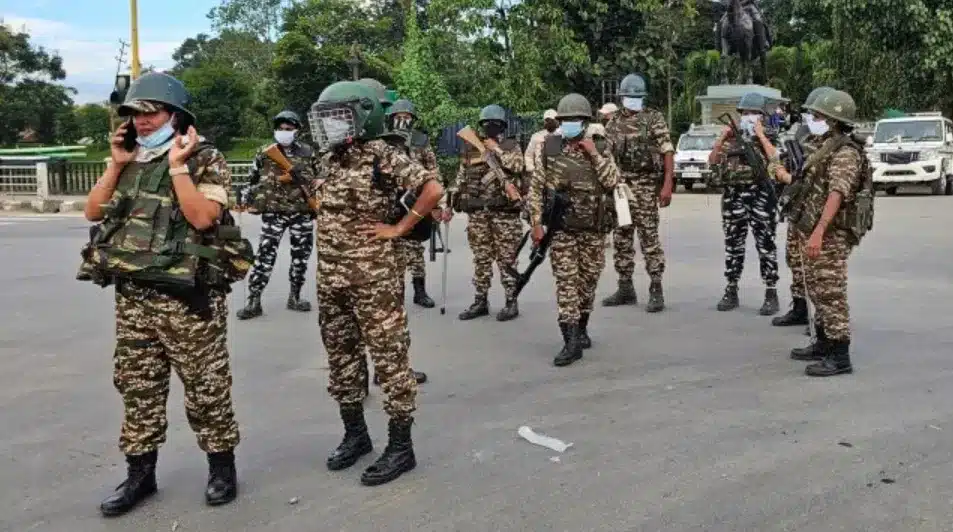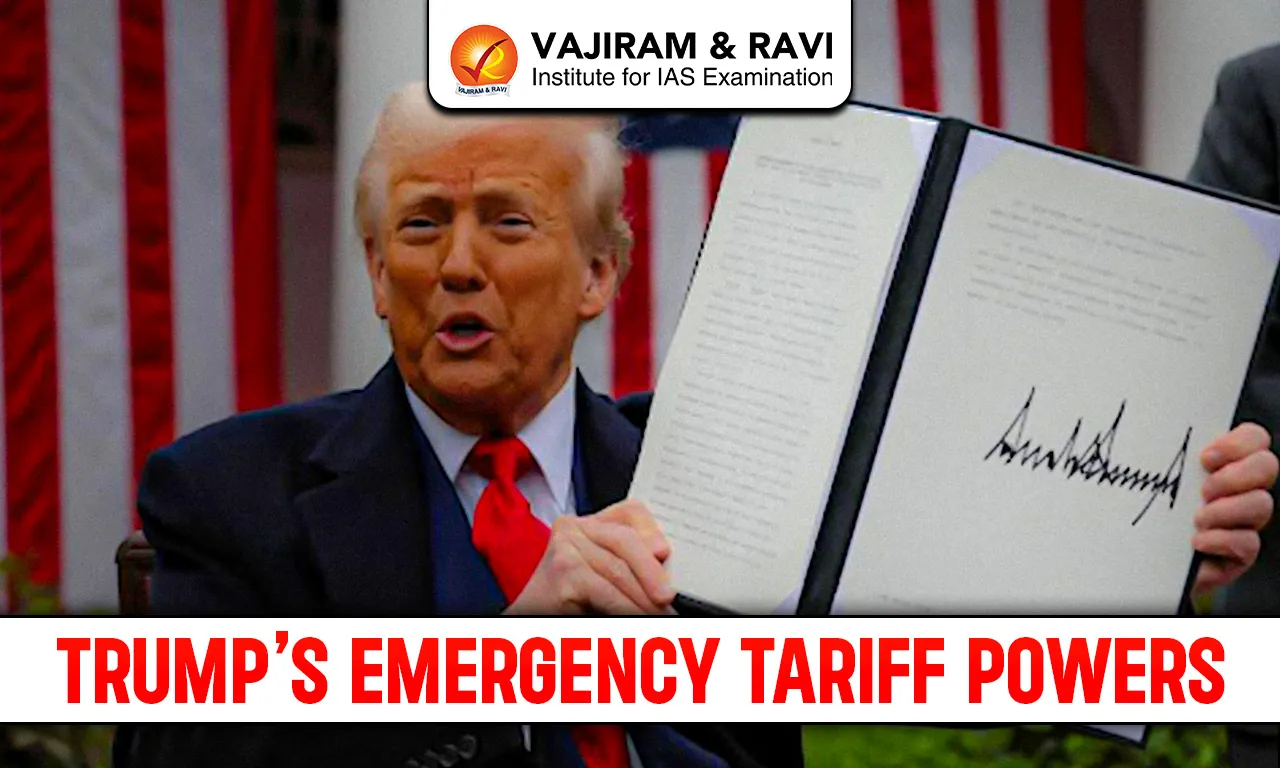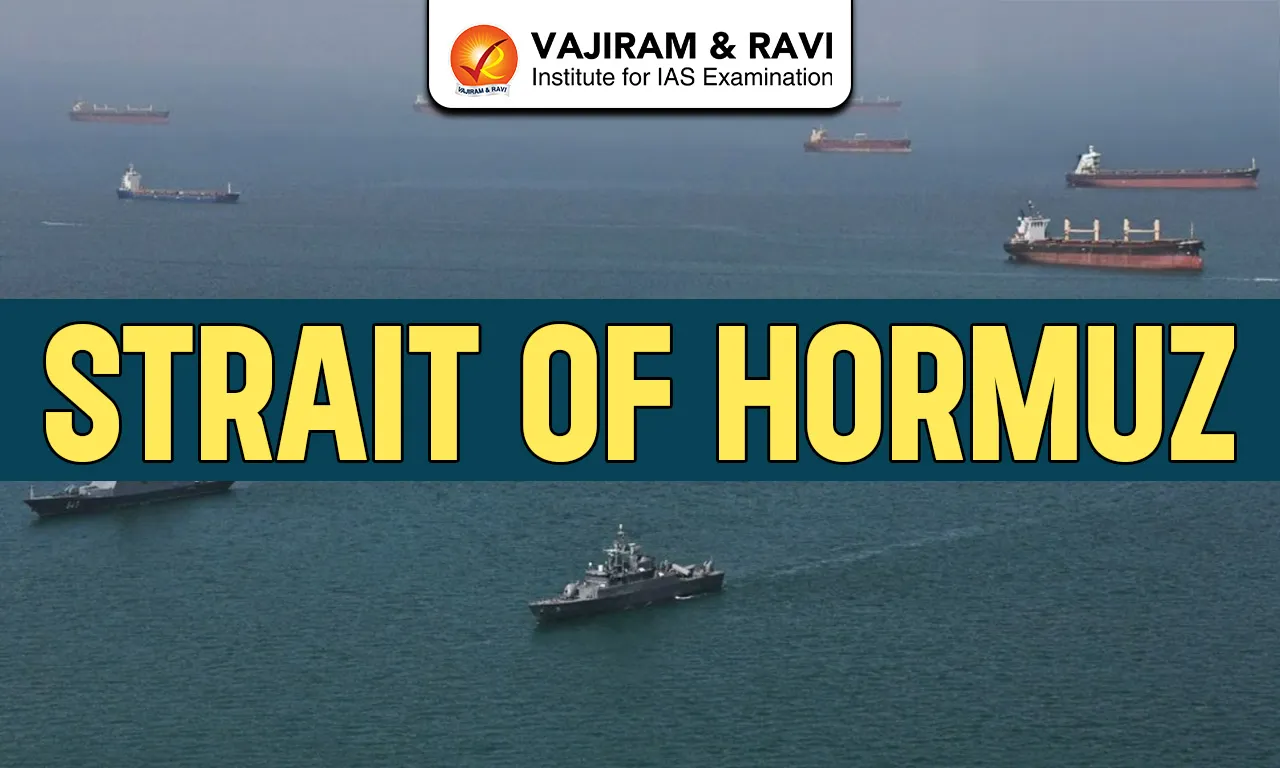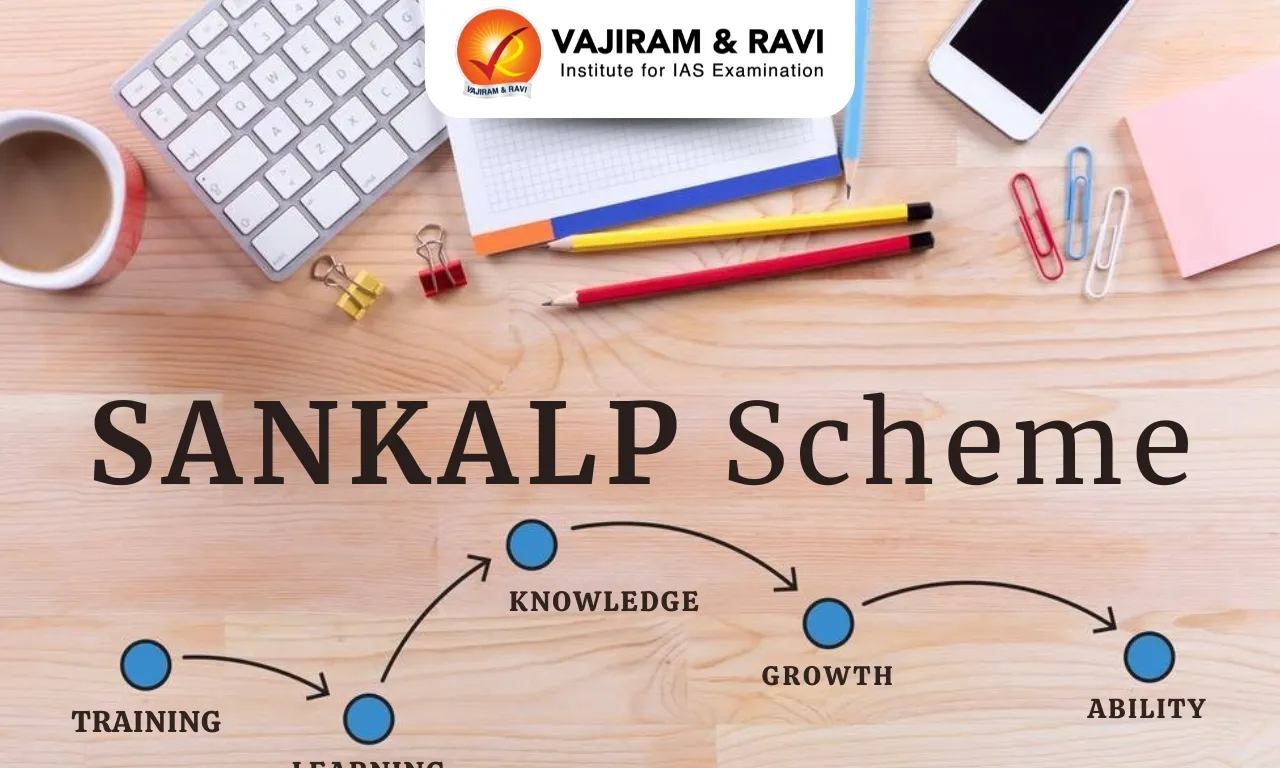What’s in today’s article?
- Why in News?
- What is Protected Area Permit (PAP)?
- Protected Area Regime reimposed in Manipur, Nagaland and Mizoram
Why in News?
The Union Ministry of Home Affairs has reinstated the Protected Area Permit (PAP) in Manipur, Nagaland, and Mizoram due to security concerns stemming from the influx of individuals from neighboring countries.
The move ensures that foreigners visiting these states must secure the necessary PAP under the Foreigners (Protected Areas) Order, 1958.
What is Protected Area Permit (PAP)?
- About
- PAP is a special permit required by foreign nationals to visit certain areas in India deemed sensitive due to their proximity to international borders.
- These areas fall between the “Inner Line” and the international borders as defined under the Foreigners (Protected Areas) Order, 1958.
- Covered Area
- The PAP regime covers entire or parts of states such as Arunachal Pradesh, Manipur, Mizoram, Nagaland, Sikkim, Himachal Pradesh, Jammu & Kashmir, Rajasthan, and Uttarakhand.
- Purpose of the Protected Area Permit
- The primary objectives of the PAP are:
- National Security: To regulate the entry of foreigners in sensitive areas near international borders.
- Preservation of Local Communities: To protect indigenous populations and their unique cultural heritage.
- Environmental Conservation: To minimize ecological disturbances in fragile regions.
- The primary objectives of the PAP are:
- Relevant Acts and Regulations
- Foreigners (Protected Areas) Order, 1958 – Defines areas as protected and prescribes the requirement for obtaining PAP.
- Foreigners (Restricted Areas) Order, 1963 – Specifies Restricted Areas (such as Andaman & Nicobar Islands and parts of Sikkim) requiring a Restricted Area Permit (RAP).
- Key Features of the PAP Regime
- Eligibility: Foreigners, except Bhutanese citizens, need a PAP to enter and stay in these regions.
- Permissible Visits
- Group tourists (minimum of two persons).
- Restricted tourist circuits/routes specified in the permit.
- Validity and Compliance
- PAP is valid only for the specified area, route, and time.
- Permit holders cannot stay beyond the permit’s validity.
- Photocopies of the permit must be deposited at entry and exit points.
- Restrictions
- Citizens of Afghanistan, China, and Pakistan (and those of Pakistani origin) require prior approval from the Ministry of Home Affairs (MHA).
- Diplomats and officials require special instructions from the Ministry of External Affairs.
- Registration
- Foreigners must register with the Foreigners Registration Officer (FRO) of the district within 24 hours of arrival.
Protected Area Regime reimposed in Manipur, Nagaland and Mizoram
- About the news
- The Union Ministry of Home Affairs has reinstated the Protected Area Permit (PAP) regime in Manipur, Mizoram, and Nagaland due to growing security concerns caused by the influx from neighboring countries.
- Under the Foreigners (Protected Areas) Order, 1958, foreign nationals visiting these states must obtain PAP for entry.
- With the reimposition of the PAP, the movement of foreigners in Manipur will be closely monitored, strengthening border security and preventing unauthorized entries.
- Historical Context
- The PAP regime was lifted from Manipur, Mizoram, and Nagaland in January 2011 to promote tourism.
- However, the current security situation necessitated its reimposition.
- The permit typically allows foreign nationals to stay for 10 days, with an option for extension, and can be issued by the Union Home Ministry or concerned state authorities.
Q.1. Why was the Protected Area Permit reimposed in Manipur, Mizoram, and Nagaland?
The Union Ministry of Home Affairs reinstated PAP due to growing security concerns caused by the influx of individuals from neighboring countries, ensuring tighter control over foreign visitors.
Q.2. What is the purpose of the Protected Area Permit (PAP)?
The PAP regulates foreign entry in sensitive border regions to enhance national security, protect indigenous cultures, and minimize environmental disruptions in fragile ecosystems.
News: Centre reimposes Protected Area Permit in Manipur and two more Northeastern States amid security concerns | Ministry of Home Affairs | Scroll.In | Indian Express
Last updated on February, 2026
→ UPSC Notification 2026 is now out on the official website at upsconline.nic.in.
→ UPSC IFoS Notification 2026 is now out on the official website at upsconline.nic.in.
→ UPSC Calendar 2026 has been released.
→ UPSC Final Result 2025 is expected to be released in the second week of April 2026.
→ Check out the latest UPSC Syllabus 2026 here.
→ Join Vajiram & Ravi’s Interview Guidance Programme for expert help to crack your final UPSC stage.
→ UPSC Mains Result 2025 is now out.
→ UPSC Prelims 2026 will be conducted on 24th May, 2026 & UPSC Mains 2026 will be conducted on 21st August 2026.
→ The UPSC Selection Process is of 3 stages-Prelims, Mains and Interview.
→ Prepare effectively with Vajiram & Ravi’s UPSC Prelims Test Series 2026 featuring full-length mock tests, detailed solutions, and performance analysis.
→ Enroll in Vajiram & Ravi’s UPSC Mains Test Series 2026 for structured answer writing practice, expert evaluation, and exam-oriented feedback.
→ Join Vajiram & Ravi’s Best UPSC Mentorship Program for personalized guidance, strategy planning, and one-to-one support from experienced mentors.
→ Check UPSC Marksheet 2024 Here.
→ UPSC Toppers List 2024 is released now. Shakti Dubey is UPSC AIR 1 2024 Topper.
→ Also check Best UPSC Coaching in India




















